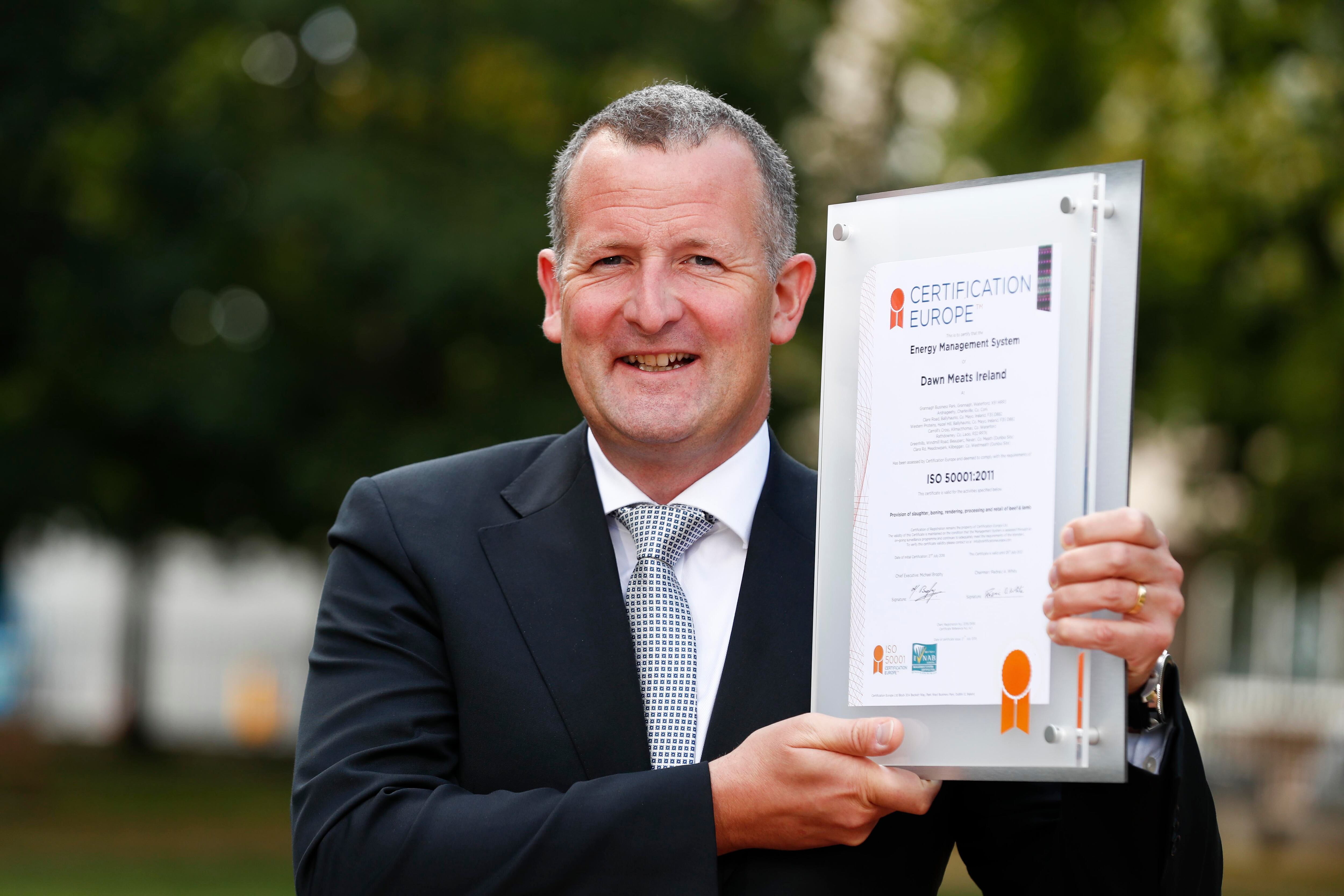Through its National Food Strategy, planned for next summer, the Government should aim to achieve net zero emissions on food waste by 2050 “at the very latest”, a report by the Environmental Audit Committee (EAC) has found.
The Our Planet, Our Health report said the Strategy should recognise the risk posed by the UK importing 40% of its food. The report recommended the Government should explore policies to offset these risks, to ensure that the UK delivers healthy diets, especially in the event of a no-deal Brexit.
A high dependency on imported fresh food, coupled with failure to act on climate breakdown, was risking national food security, the EAC said.
It called on ministers to “publish immediately” all information relating to food security and cost risks associated with a no-deal Brexit, in advance of the food security assessment due by the end of 2019.
The Government should also accept advice from the Committee on Climate Change about food security risks and set out a plan for maintaining UK food security in a changing climate. Producing more food in the UK would reduce the current dependency on a handful of countries, a situation described as “risky”.
Food’s impact on greenhouse emissions
In the UK, food contributes up to 30% of total greenhouse gas emissions, with food waste totalling 10mt every year, the report said. In future, extreme temperatures and rising rainfall could increase disease among the UK’s livestock, with crops likely to be hit by more frequent water shortages, it added.
The report said the Government should work with farmers, supermarkets and the food industry to deliver “transformational shifts” in access to and affordability of healthy and sustainable diets.
The benefits that healthier, more sustainable diets can bring to people and the environment were also earmarked as a priority by the report.
It claimed Government had a responsibility to raise public awareness of the Eatwell Guide and identify ways to promote the consumption of healthy and sustainable diets. This included how they would achieve at least a 20% reduction in meat and dairy consumption, as recommended by the Committee on Climate Change’s Net Zero report, and a shift away from intensive livestock production systems.
“There is a need to coordinate efforts across Government to ensure that healthy and sustainable diets are available and affordable to all in the UK,” the report said. It should look at ways to incentivise the production of fruit and vegetables to close the “fresh fruit and vegetable trade gap” and reduce food security risk, it claimed.
Eatwell Guide recommendations
Food provided by the Government should be “sustainable by default” and comply with the Eatwell Guide recommendations, the report added.
“This could lead to an estimated reduction of 30% in the carbon footprint of the Government’s purchased food. This is an important step in achieving net zero emissions by 2050.”
Clear guidelines for the Government’s procurement of food in schools, hospitals and prisons to be sustainable by default was another key recommendation.
Alongside this, there should be an increase in teaching within schools around food production, nutrition, food preparation and the environmental impacts associated with the food system.
During its inquiry, the EAC heard evidence from the Parliamentary Office of Science and Technology (POST) that agriculture was responsible for 10% of UK climate change-inducing greenhouse gas emissions.
POST explained that “any level of climate change will affect growing conditions for fruit, vegetables, cereals and livestock, including changes to temperature and availability of water”.
For example, a rise of 1°C in mean temperature would reduce yields of wheat by 6%, rice by 3% and maize by 7%. Crop yields would also come under pressure from an increase in pests, weeds and diseases.
EAC chair Mary Creagh MP said: “Everything we do to the planet, we do to ourselves. The health of the planet matters because it affects what we eat and whether we can eat in future. Nearly 20% of the UK’s fruit and vegetables come from countries at risk from climate breakdown.
“We are facing a food security crisis, exacerbated by uncertainty over the UK’s future trading position with the EU and the rest of the world. Ministers must now publish all the information they hold from Operation Yellowhammer on food security and likely costs in the event of a no-deal Brexit.”




